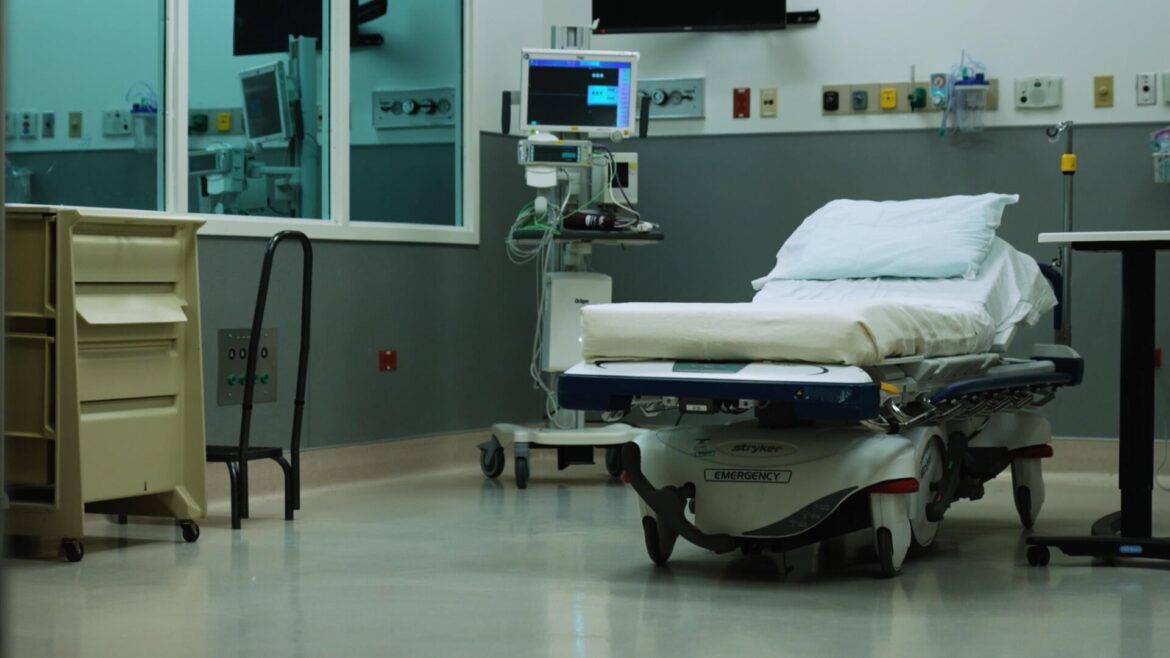Challenges and Transparency in Nonprofit Hospitals
Background on Nonprofit Hospitals and the ACA
Keith Hearle, a healthcare finance consultant, was instrumental in the IRS’s implementation of the Affordable Care Act (ACA) tax provisions. His involvement included discussions about new tax return forms that aim to enhance public disclosure. While Hearle emphasizes the benefits of increased transparency, he notes that it has not sufficiently compelled nonprofit hospitals to clarify their charity care expenditures.
The Need for Enhanced Oversight
Experts have voiced concerns that the IRS could improve its handling of nonprofit hospitals’ financial disclosures. A 2023 report from the Government Accountability Office (GAO) highlighted that the IRS had not revoked the tax-exempt status of any hospital for inadequate community benefits in a decade.
Jessica Lucas-Judy, the GAO’s Director of Strategic Issues, stresses that reforms in oversight and reporting are necessary. Her report indicated that some hospitals reported no community benefit expenditures, signaling a lack of transparency, even when benefits may have been provided.
Ethics Surrounding Medical Debt Collection
While nonprofit hospitals operate within legal boundaries when they pursue payments from low-income patients, ethical considerations arise. Eli Rushbanks, the general counsel at Dollar For, argues that suing individuals unable to pay their medical bills contradicts the core ethics of tax-exempt institutions.
“It is immoral to sue patients who cannot afford their bills as a tax-exempt hospital,” said Rushbanks.
Rushbanks highlights that many patients facing medical bills often did not willingly incur these debts, differentiating them from typical consumer debts.
Systemic Failures and Reform Efforts
The issues surrounding nonprofit hospital debt are part of a larger healthcare system that advocates argue is in dire need of reform. One initiative, led by Undue Medical Debt, aims to alleviate financial burdens by purchasing and forgiving significant amounts of medical debt. However, leaders such as CEO Allison Sesso argue that these measures merely serve as temporary fixes in a flawed system.
Slow Progress on Legislative Reforms
Efforts to reform nonprofit hospital practices have been ongoing for decades, but meaningful change has been infrequent. Some states have initiated programs to streamline financial screenings for patients, such as Oregon, which mandates financial assessments for those with bills exceeding $500. This change resulted in a notable increase in charity care eligibility at hospitals.
Despite some success stories, many patients continue to face a convoluted application process for financial assistance, leaving many eligible individuals unaware of their options.
Barriers to Accessing Charity Care
Hearle notes several reasons why eligible patients may miss out on charity care. Some may not be informed about available assistance, while others may avoid applying due to stigma or complexity. A survey conducted by Dollar For revealed that over half of eligible patients did not receive information about financial assistance from their hospitals.
“These are patients who, by and large…cannot afford the bill that they’ve been given,” said Rushbanks.
Media Coverage and Patient Advocacy
Reports of aggressive collection practices by hospitals have emerged across various states, prompting some institutions to enact reforms in response. Continuous media attention is fostering a dialogue about the implications of medical debt and its disproportionate impact on vulnerable populations.

